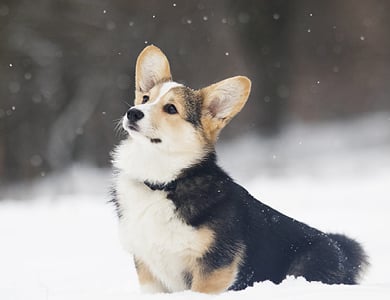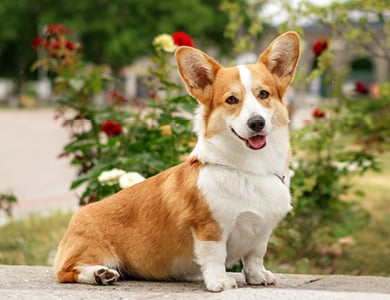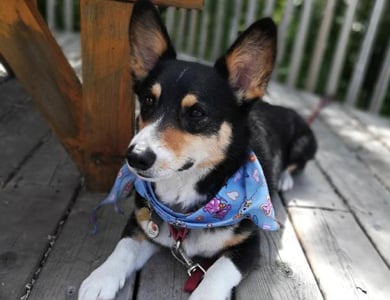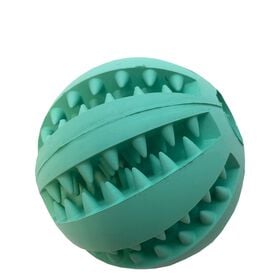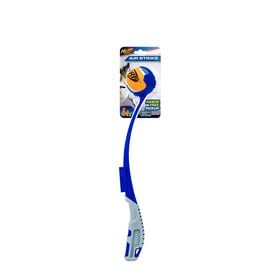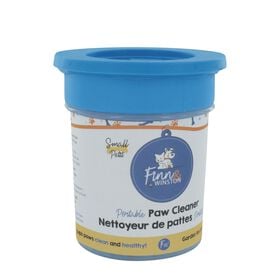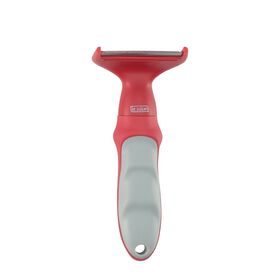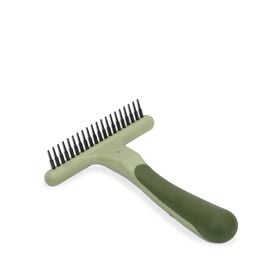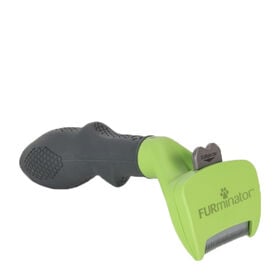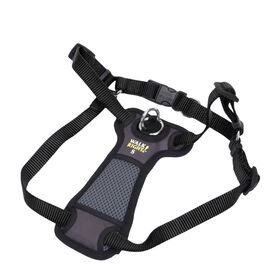In most cases, stories about Pembroke Welsh corgis immediately bring to mind images of dogs with big ears, short legs and plump buttocks. They are undoubtedly one of the most readily recognizable dog breeds. Even Queen Elizabeth II has been a huge fan for decades, and it’s easy to understand why.
Physical appearance
The Pembroke Welsh corgi, like its cousin the Cardigan Welsh corgi, is a breed of herding dog that is low-set, strong, sturdily built, alert and active, giving an impression of substance and stamina despite its small size. They should measure between 25 and 30 cm (10 to 12 in.) at the shoulders, and weigh approximately 11 or 12 kg (25 to 27 lb).
The head typically resembles that of a fox, with upright ears that are rather large in relation to the size of the dog, and slightly rounded tips. The dog’s coat should be of short or medium length. It should have a short, thick, weather-resistant undercoat, with a coarser, slightly longer outer coat, a slightly thicker and longer ruff around the neck, chest and underparts, and somewhat fuller and longer hair on the rear hindquarters.
Pembroke Welsh corgis have short tails, which can be natural or trimmed. The coat colour is a uniform red, sable, fawn, black and tan, with or without white markings on the legs, chest, neck, muzzle, underparts or head.
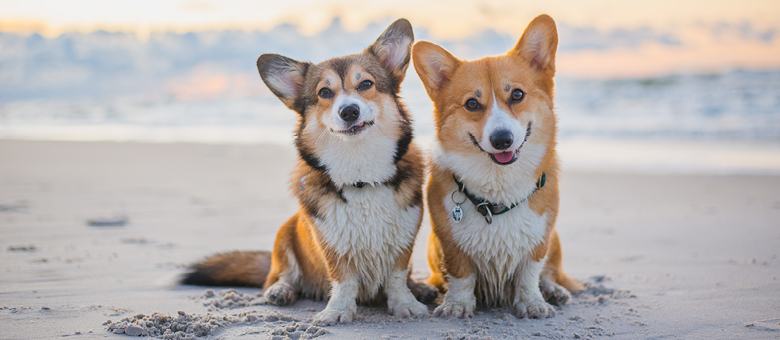
Life expectancy and health
Pembroke Welsh corgis have a lifespan of approximately 12 to 16 years. Since they are achondroplastic (meaning they are a “true dwarf” breed), their stature and build can lead to certain non-inherited conditions, such as back problems. Genetic issues should also be taken into account. The breed is predisposed to degenerative myelopathy, eye problems, cancer, Von Willebrand disease and hip dysplasia. Your breeder and veterinarian should do appropriate testing for these diseases. Given their hearty appetite, obesity is also a problem for these dogs.
Energy level and temperament
In general, corgis are very affectionate and energetic, and need to expend energy every day. Long walks on a leash and outdoor playtime in a safely fenced-in area on a daily basis are the best options for keeping Pembroke Welsh corgis happy and healthy. They are very sociable dogs that get along well with all animals, provided they are socialized at a young age. They are very intelligent dogs and, for that reason, can appear stubborn. They think a great deal and analyze what their owners ask them. Because they are so intelligent, they can be little clowns that love to learn tons of tricks.
Maintenance and grooming
Corgis lose a tremendous amount of hair. Since they have a double coat, they absolutely require daily deep brushing to prevent knots from forming in the undercoat, which could cause skin problems. More thorough grooming may be necessary in the spring and fall, generally when shedding occurs. If the undercoat is well maintained, the guard hair (top layer) should protect your dog in harsh weather. The nails must be trimmed regularly, ideally once a week, since long nails can cause foot problems and pain (and damage your floors).
Origins
According to the Pembroke Welsh Corgi Association (Canada), some dog historians believe that the breed is a descendant of the Swedish vallhund (brought to England by the Vikings) and the Welsh herd dog.
They claim that the fox-like head was accented by crossbreeding two members of the spitz family of dogs, such as the schipperke and the Pomeranian, brought by Flemish weavers in the 12th century. It is believed that the name “corgi” comes from the Welsh words cor and gi, which literally mean dwarf dog. The other theory is that the name “corgi” combines the Welsh word cur, which means “to watch over,” and gi, the Welsh word for dog, and that the Welsh pronunciation of the word is currgi.
For more information, contact a registered breeder at the Canadian Kennel Club, who can answer all your questions. You can also contact the organization for more information on breeders and various breed clubs in Quebec and elsewhere in Canada.


